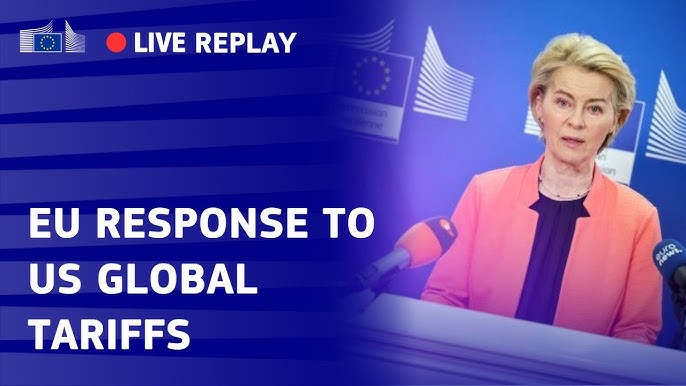Trump Administration Reignites Tensions with New Tariff Threats
The U.S. administration, led by President Trump, significantly escalated its trade disputes this week by making a new series of tariff threats. The President proposed imposing tariffs ranging from 25 to 40 percent on goods imported from a group of 14 nations, among them Japan, South Korea, Thailand, and Bangladesh. The targeted states are expected to address what the Trump administration perceives as trade imbalances. The return of tariff threats was met with widespread negative reactions in global capitals, even among some longstanding U.S. allies.
The Japanese reaction was of particular note, led by Prime Minister Shigeru Ishiba who categorized the new developments as ‘deeply disappointing.’ Similarly, Itsunori Onodera, a chief party policy leader in Japan’s reigning Liberal Democratic Party, expressed strong resentment, characterizing President Trump’s decision to send the tariff notification with a ‘mere letter’ as highly disrespectful.
In response to the potential tariffs, numerous governments attempted to negotiate new settlements with the Trump administration in an effort to prevent their enforcement. President Cyril Ramaphosa of South Africa contested the proposed 30 percent tariff on his nation, stating it doesn’t accurately reflect the available trade data. Phumtham Wechayachai, the acting Prime Minister of Thailand, lamented the ‘contradictory’ move, as Trump’s latest directive seemed to overturn the advancement reached in recent trade discussions.
Over the same weekend, President Trump launched a further attack on the non-Western BRICS alliance, consisting of 10 member and partner states. He threatened the group with additional tariffs, attributing his decision to the alleged ‘anti-American’ stance of the block. Luiz Inácio Lula da Silva, Brazil’s President, standing strong in the face of the threats, dismissed the President’s aggressive posturing surrounding the BRICS leaders’ summit that was concurrently taking place in Rio de Janeiro.
Explaining the stance of BRICS countries, Silva stated, ‘Times have changed. We no longer need an emperor.’. He then definitively clarified his group’s intentions: ‘Our collective aim is to organize the world economy differently. Perhaps this is why the BRICS countries seem to be making others uncomfortable.’ President Trump issued a harsh warning, threatening to impose 100 percent tariffs on BRICS countries if they attempted to challenge U.S. dollar’s global dominance. While there have been vague suggestions of a common currency among some members to destabilize the dollar, no significant efforts to realize this proposal have emerged, likely due to intra-bloc tensions and reluctance to provoke U.S. backlash.
These events are stirring other U.S. allies to re-evaluate their dependency on the U.S. During a visit to the UK, French President Emmanuel Macron warned about Europe’s over-dependency on the United States and China. His call to action was clear: ‘If we want a stable future for our children, we cannot leave our economies and societies at the mercy of these twin dependencies.’.
Elaborating on his vision, Macron put forth the idea of a ‘strategically autonomous’ continent. He indicated his desire for ‘an open world’ and called on Europe to cooperate without dependency. His call for self-reliance jives with the rising global frustration over the U.S.’s aggressive trade policies.
The widespread unease and frustration among global leaders mirrors public sentiment. According to a recent survey by Pew Research Center published on Tuesday, a large percentage of the populace within U.S. allied countries hold a bleak view of the direction of the Trump-led America.
President Trump and his supporters view the trade disputes as a much-needed strategy to renew the structure of global trade and spur domestic manufacturing. While there could be grounds to this argument, experts fear the administration’s current method could have deleterious effects on U.S. geopolitical relationships.
Echoing these concerns is a prominent question arising in Asia: ‘Is this how the U.S. treats its allies?’. In the aftermath of the Cold War, the U.S, aided by several partners, managed to construct ‘a community of shared values, compatible political ideals, international institutions and mutual support within these institutions.’.
However, the recent actions of the Trump administration have led to a rapid decay in U.S.’s credibility with these allies. As the narrative progresses, the restoration of trust and credibility, which have been significantly undermined, appear to be echoed concerns within the global community.

